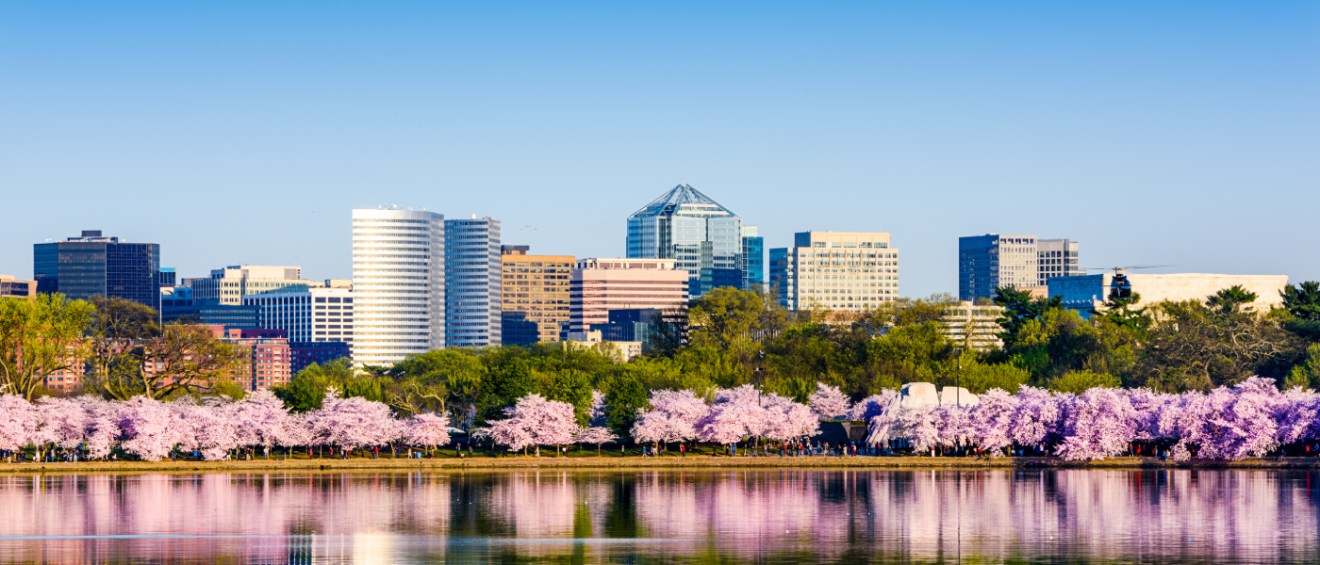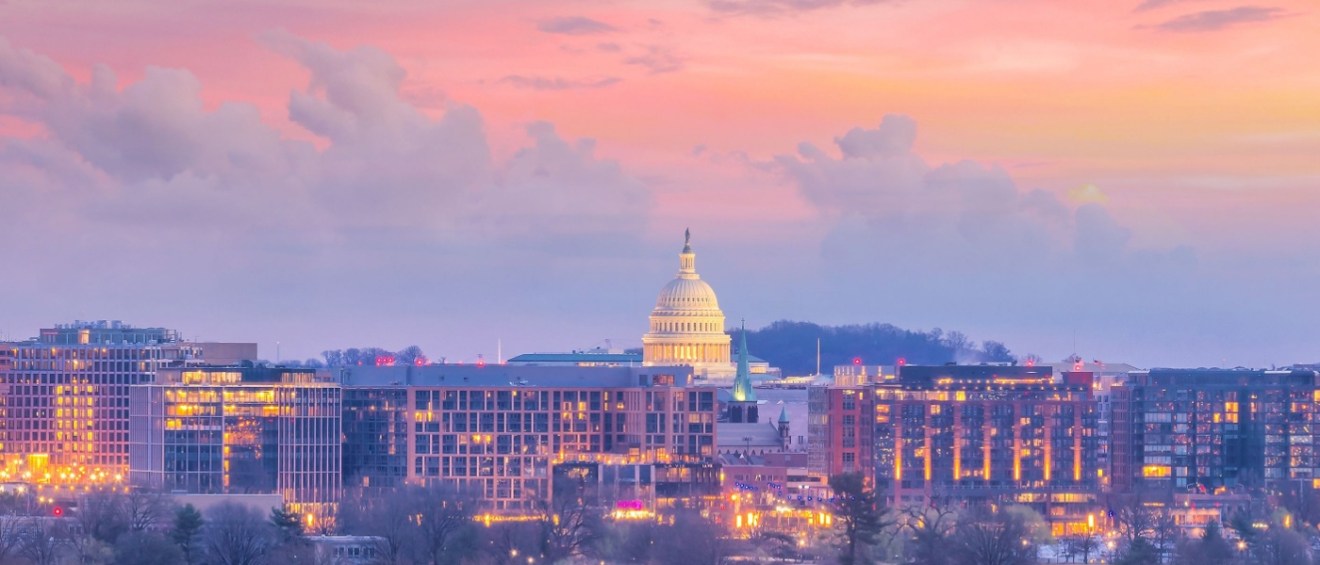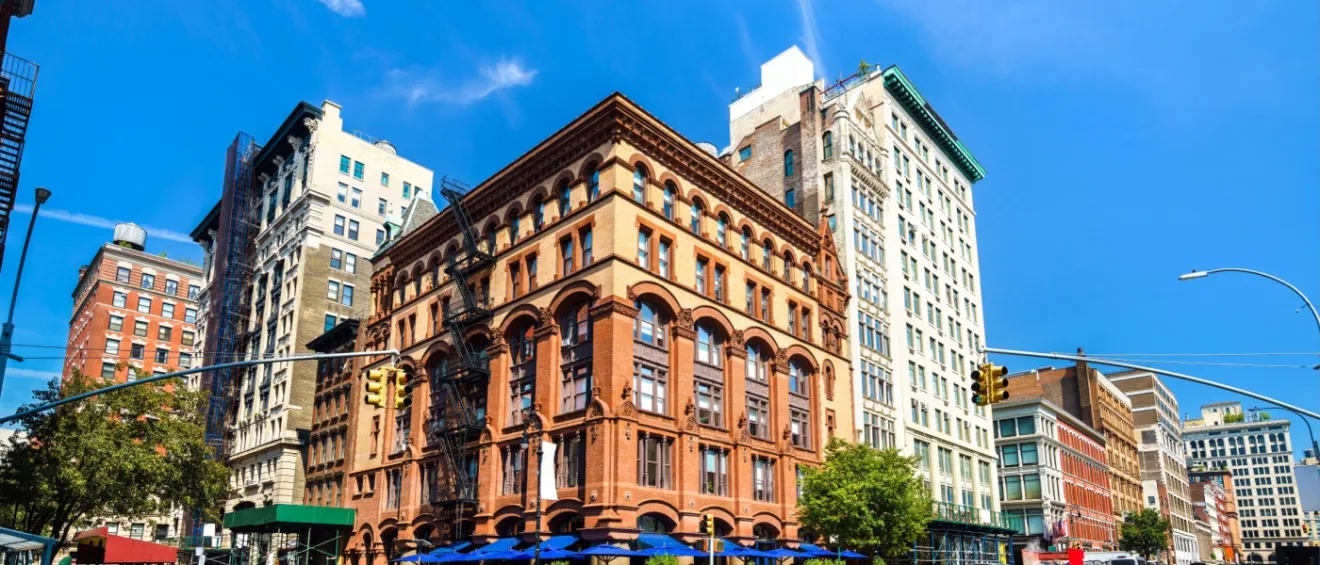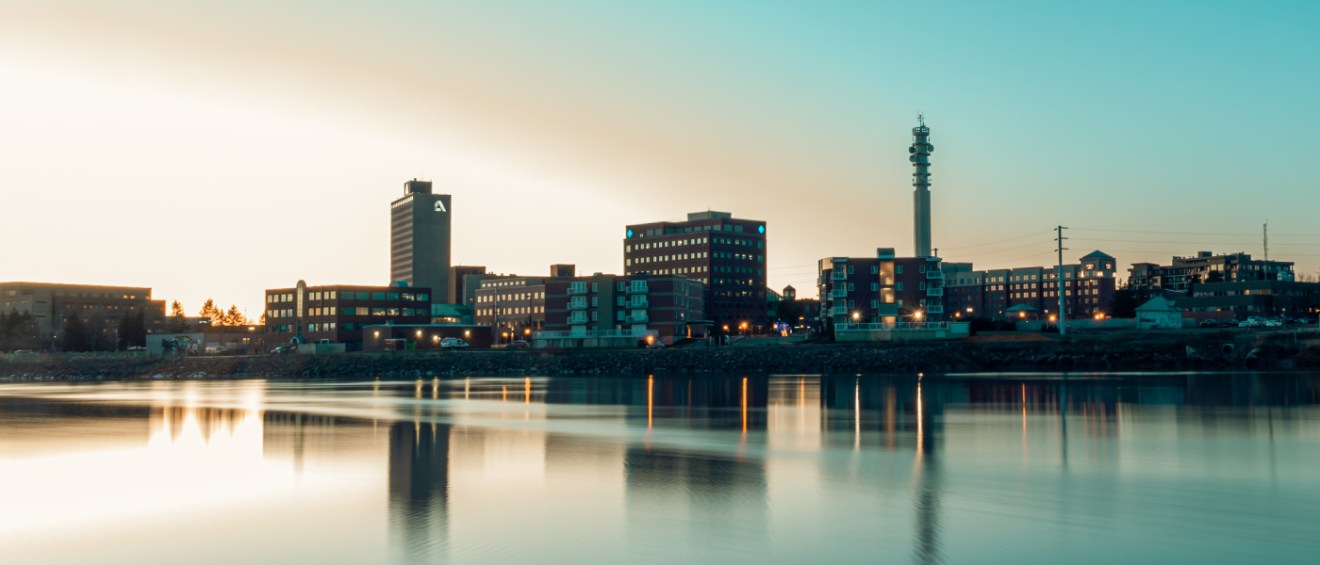Cost of Living in Washington, DC: What to Expect When Living Here as a Renter
Share this article:
Moving to a new city is always an exciting adventure, but it’s also a decision that comes with a lot of questions — especially when you’re a renter. One of the biggest considerations before packing up and starting fresh is understanding what the cost of living will look like in your new location. From rent to groceries and utilities, these are crucial details that can influence whether a city is the right fit for your budget and lifestyle.
For apartment hunters, Washington, D.C., is one of the most popular cities to explore, consistently ranking as one of the top places to live in the U.S. In fact, it came in second in popularity among renters in September.
But how does the cost of living in Washington, D.C., compare to that in other parts of the country? Let’s dive into what you can expect as a renter in the nation’s capital.
What is the average cost of living in Washington, D.C.?
If you’re considering renting in Washington, D.C., understanding the cost of living is essential. This city is known for its higher-than-average expenses compared to other parts of the U.S., with a cost of living that’s 47% above the national average.
However, the median household income in Washington, D.C., is around $101,722, which is more than the national norm. While this higher income level can help offset some of the costs, it’s important to know what you’re signing up for in terms of day-to-day expenses. Let’s break down the specifics: Housing in Washington, D.C., is 140% more expensive than the U.S. average, which is often the most significant financial consideration for renters. In fact, the average rent here is $2,443 per month.

At the same time, utilities in Washington, D.C., are about 10% more expensive than what you’d pay in other parts of the country. This includes essential services such as electricity, water, gas, and internet.
When it comes to everyday necessities like food and clothing, renters in Washington, D.C., continue to pay more than those in other places. Groceries, for example, are around 16% more expensive than the national average. Clothing, too, costs about 16% more, so if you enjoy shopping for new outfits, expect to spend more on the basics in Washington, D.C., than you might in other cities.
Another area to consider when it comes to the cost of living in Washington, D.C., is healthcare. Services such as doctor visits and dental check-ups cost approximately 11% more here. Beyond healthcare, non-essential expenses such as entertainment and personal grooming services are also above average in Washington, D.C. Specifically, these costs are about 16% higher. Whether you enjoy dining out, going to the movies, or treating yourself to a spa day, expect to pay more for these luxuries than you would in other cities.
Is Washington, D.C. a great pick for renters?
While some cities offer a lower cost of living, they may not provide the same level of career opportunities, amenities or services as the nation’s capital. This is one reason why Washington, D.C., remains such a popular destination for apartment hunters despite the higher costs. The city’s unique mix of history, politics, and culture makes it an appealing place to live, especially for young professionals and families looking for a dynamic urban environment.
Renting in Washington, D.C., comes with its challenges, especially when it comes to managing expenses. However, for many renters, the benefits of living in the nation’s capital far outweigh the higher costs. The key is understanding what to expect when it comes to housing, utilities, groceries, and healthcare.
If you’re considering moving here, take some time to explore the neighborhoods and find out more about how the cost of living in Washington, D.C., compares to the U.S. average. With the right planning, you can find an apartment that fits your budget and enjoy everything this incredible city has to offer.
Share this article:
Adina Dragos is a real estate writer and research analyst with RentCafe. She has solid experience in real estate writing, covering topics ranging from best cities for renters and the top cities for rental activity to cost of living. Her work was featured in several prominent media channels such as Axios, The Dallas Morning News, ConnectCre and The New York Times.
The Ready Renter has your back
Tips, news, and research curated for renters, straight to your inbox.




Related posts
Subscribe to
The Ready Renter newsletter







